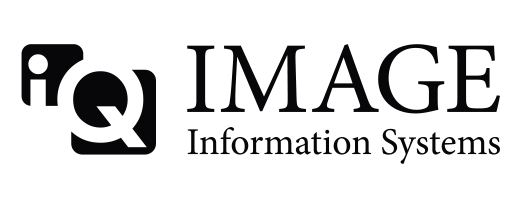This is an attempted explanation for a problem that can occur in DICOM when you change the patient ID if an image (explanation work in progress):
A dicom image is identified by four identifiers:
patientID e.g., 9904321
studyUID e.g. 1.2.826.0.1.3680043.2.135.732714.83501593.90102.7766
seriesUID e.g. 1.2.826.0.1.3680043.2.135.732714.83501593.90102.7767
imageUID e.g. 1.2.826.0.1.3680043.2.135.732714.83501593.90102.7768
UID's have no meaning except that are intended to be globally unique, that's why they are so long.
When an image is stored in conquest or other dicom archives, four databases are updated: DICOMpatients, DICOMstudies, DICOMseries, and DICOMimages. The UID's are keys to this table, i.e., each record has a different UID. The study database refers to the patientID, the series database refers to the studyUID, etc. When multiple images of the same series are loaded only the DICOMimages database grows, the rest stays the same.
When you query the database or load an image it is a simple matter to go through the databases to access all image, study, series and patient related information.
What happens when somebody edits the patient ID and stores the same image again in a DICOM server?
patientID e.g., 9901234
studyUID e.g. 1.2.826.0.1.3680043.2.135.732714.83501593.90102.7766
seriesUID e.g. 1.2.826.0.1.3680043.2.135.732714.83501593.90102.7767
imageUID e.g. 1.2.826.0.1.3680043.2.135.732714.83501593.90102.7768
The server should see that the image is already stored - no change. It should see that the series is already stored - no change, and that the study is already stored - no change. But then, it sees that the patient ID differs. It could change the patientID in the study database and this image is stored correctly. But all other images stored before would become invalid: the database does not correspond with the other images of the series. Or it could keep the old patientID and then the modified image would become invalid: the database does not correspond with the image.
So actually, the server has no choice but to reject the modified image: because the same image, series and study would belong to more than one patient. This happens on most full sql servers, as the uniqueness of the UID index to the study databases would be broken. However, on older versions it does not happen on dbaseIII: this is a bug. Actually in dbaseIII the study would be entered twice, each with a different patientID. But a series or image query will return only a single study, so the images of the other patient are 'lost'. This bug is fixed in 1.4.14beta.
If you do need to change the patient ID, use the conquets dicom server to do it. In the conquest dicom server, all UID's are changed when the patientID is changed: so that the modified image does not conflict with the original image when loaded into the same archive. The relation between old UID and new UID is kept in table UIDMods, so that multiple images can be modified wihout breaking their organization in series and studies. This mechanism is used for "change patient ID", anonymize, split and merge.
Marcel

